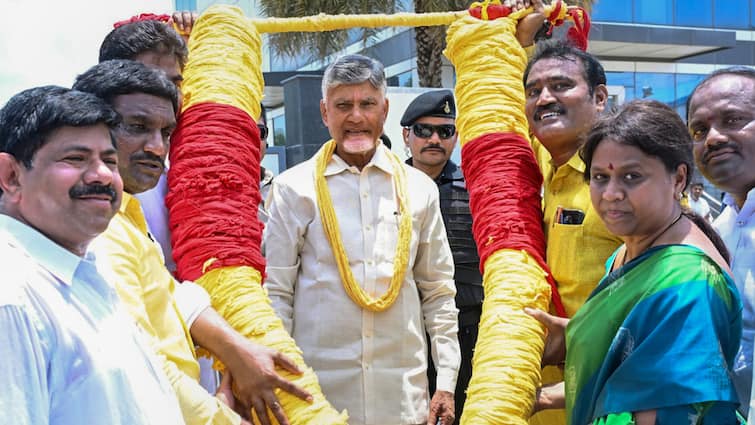Last Updated:
From ECGs to AI-enabled wearables, doctors stress that early heart tests in young Indians can detect problems before symptoms strike.

Experts stress that early screening and preventive measures are the strongest shields against heart disease
Heart ailments are no longer confined to older age groups, an alarming rise is being seen among young Indians. Experts stress that early screening and preventive measures are the strongest shields against heart disease. With both traditional and cutting-edge diagnostic tools now available, it’s possible to catch problems before they escalate.
Why Screening Matters Early
Recommended Stories
“Preventive heart checks are being increasingly recommended to young people, especially if they have a family history of heart disease, obesity, diabetes, or high-stress jobs,” says Dr. Sadanand Shetty, Consultant Cardiologist, K J Somaiya Hospital and Research Centre. Waiting until symptoms appear, he warns, can be dangerous.
Echoing this view, Dr. Bhaskar S, General Physician/ Internal Medicine Specialist, Apollo One, Hosa Road Junction, Bengaluru, adds that routine check-ups are particularly crucial for those with multiple risk factors, as heart problems can remain silent until late stages.
Common Screening Tests
Several well-established tests form the foundation of cardiac screening:
ECG (Electrocardiogram): Records the heart’s electrical activity to detect rhythm abnormalities.
Echocardiography (2D Echo): Uses ultrasound to evaluate heart size, structure, and pumping efficiency.
Treadmill Test (TMT): Puts the heart under stress to detect hidden blockages or coronary artery disease.
Blood Tests: Lipid profile, blood sugar, and high-sensitivity CRP (hs-CRP) help assess cardiovascular risk.
“These tests are simple, accessible, and provide vital clues to a person’s heart health,” says Dr. Shetty.
Advanced & Emerging Technologies
Technology is transforming the way cardiac conditions are diagnosed. Dr. Bhaskar highlights innovations such as AI-enabled ECG machines, wearable heart monitors, and Cardiac MRI scans, which allow subtle changes to be detected far earlier. “Preventive health check-ups are now integrating digital tools that combine genetic, lifestyle, and clinical data to predict future risk,” he explains.
Dr. Shetty points out that CT Coronary Angiography is another game-changer. “It uses advanced imaging to detect blockages before symptoms appear. Similarly, artificial intelligence in ECG interpretation takes the guesswork out, identifying hidden arrhythmias that would otherwise go unnoticed,” he says.
Portable and wearable devices, he adds, now allow continuous rhythm monitoring—offering an extra layer of security for those at risk.
Warning Signs Not to Ignore
Even in young people, certain symptoms can point to underlying heart disease. Both experts urge vigilance for:
Chest discomfort or pressure
Palpitations
Unexplained shortness of breath or fatigue
Fainting spells
Pain radiating to the arm or jaw
“If you notice any of these, don’t delay, consult a doctor immediately,” advises Dr. Bhaskar.
The Takeaway
Young Indians are not immune to heart disease, but early screening can make a world of difference. From basic ECGs to AI-driven diagnostics, tools exist to safeguard heart health before problems escalate. As Dr. Shetty sums it up: “It’s better to be proactive than reactive. A simple test today could prevent a crisis tomorrow.”
About the Author

Swati Chaturvedi, a seasoned media and journalism aficionado with over 10 years of expertise, is not just a storyteller; she’s a weaver of wit and wisdom in the digital landscape. As a key figure in News18 Engl…Read More
Swati Chaturvedi, a seasoned media and journalism aficionado with over 10 years of expertise, is not just a storyteller; she’s a weaver of wit and wisdom in the digital landscape. As a key figure in News18 Engl… Read More
Loading comments…
Go to Source
Author: News18




